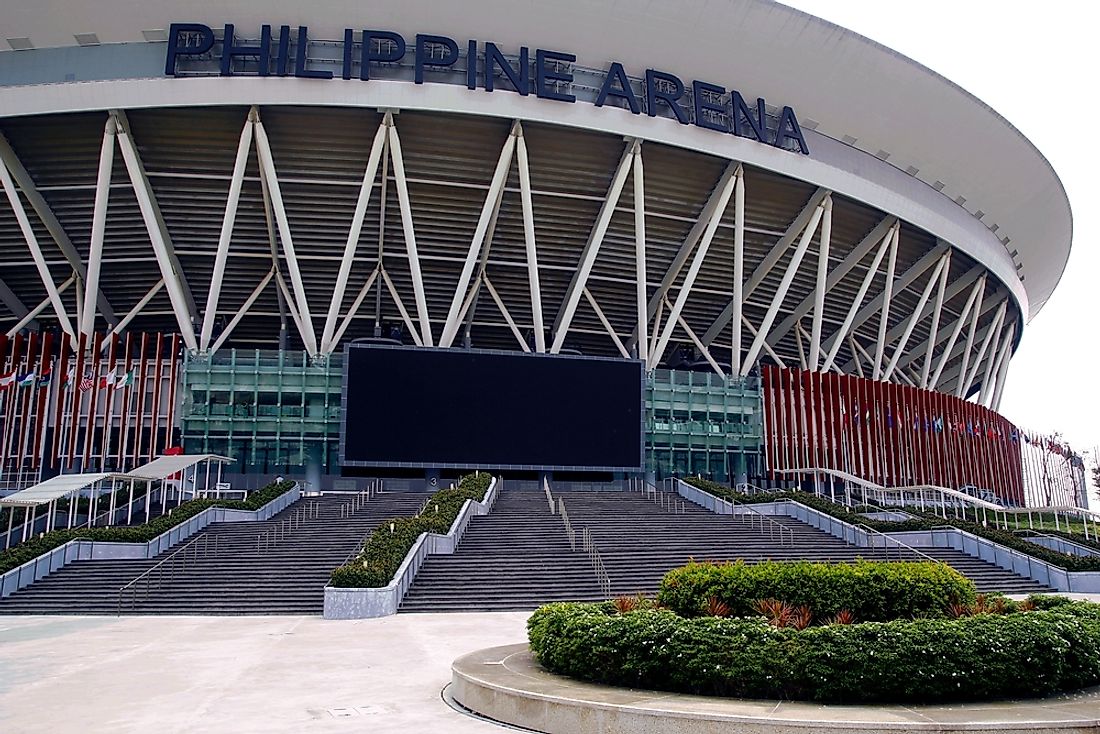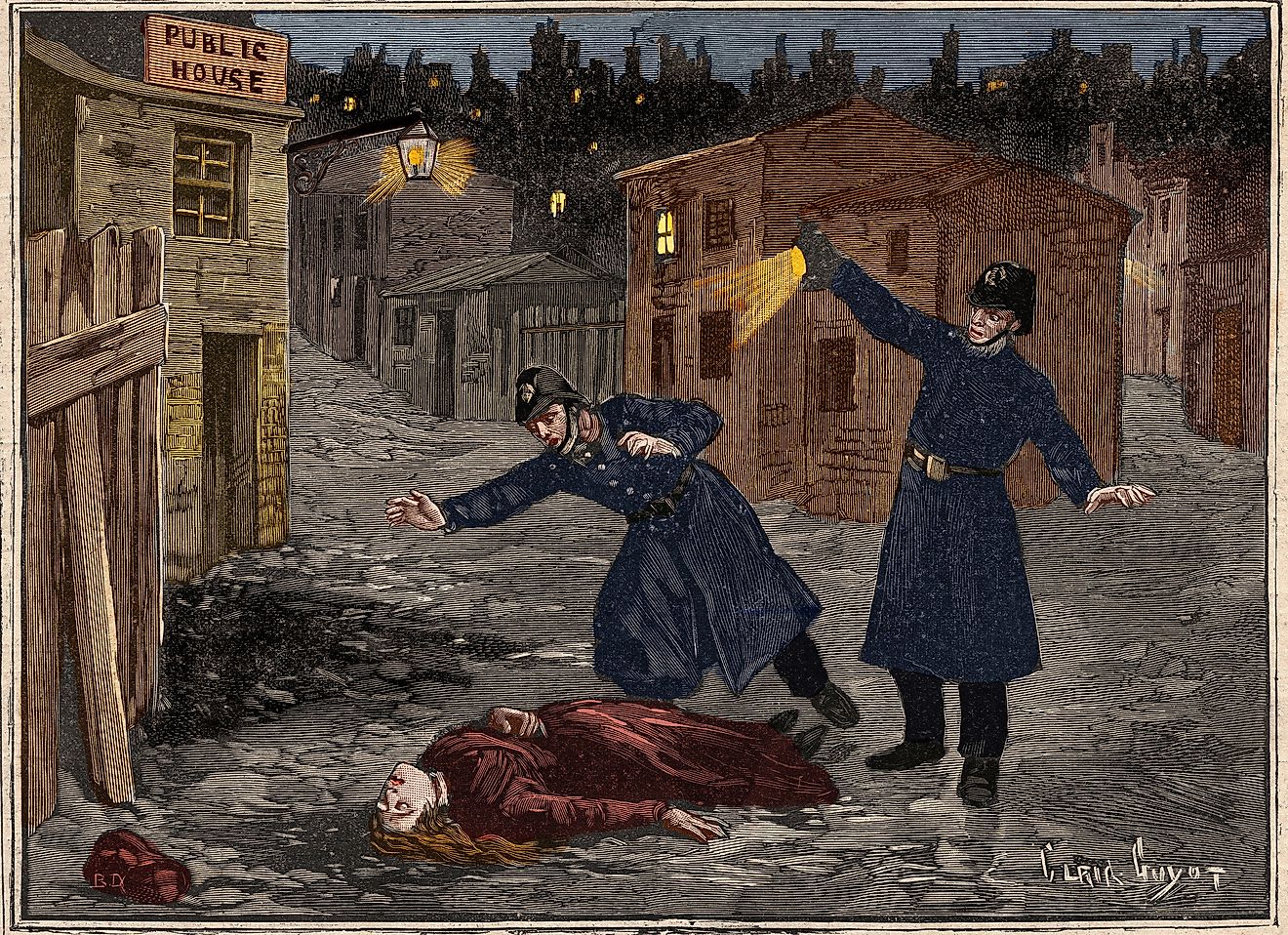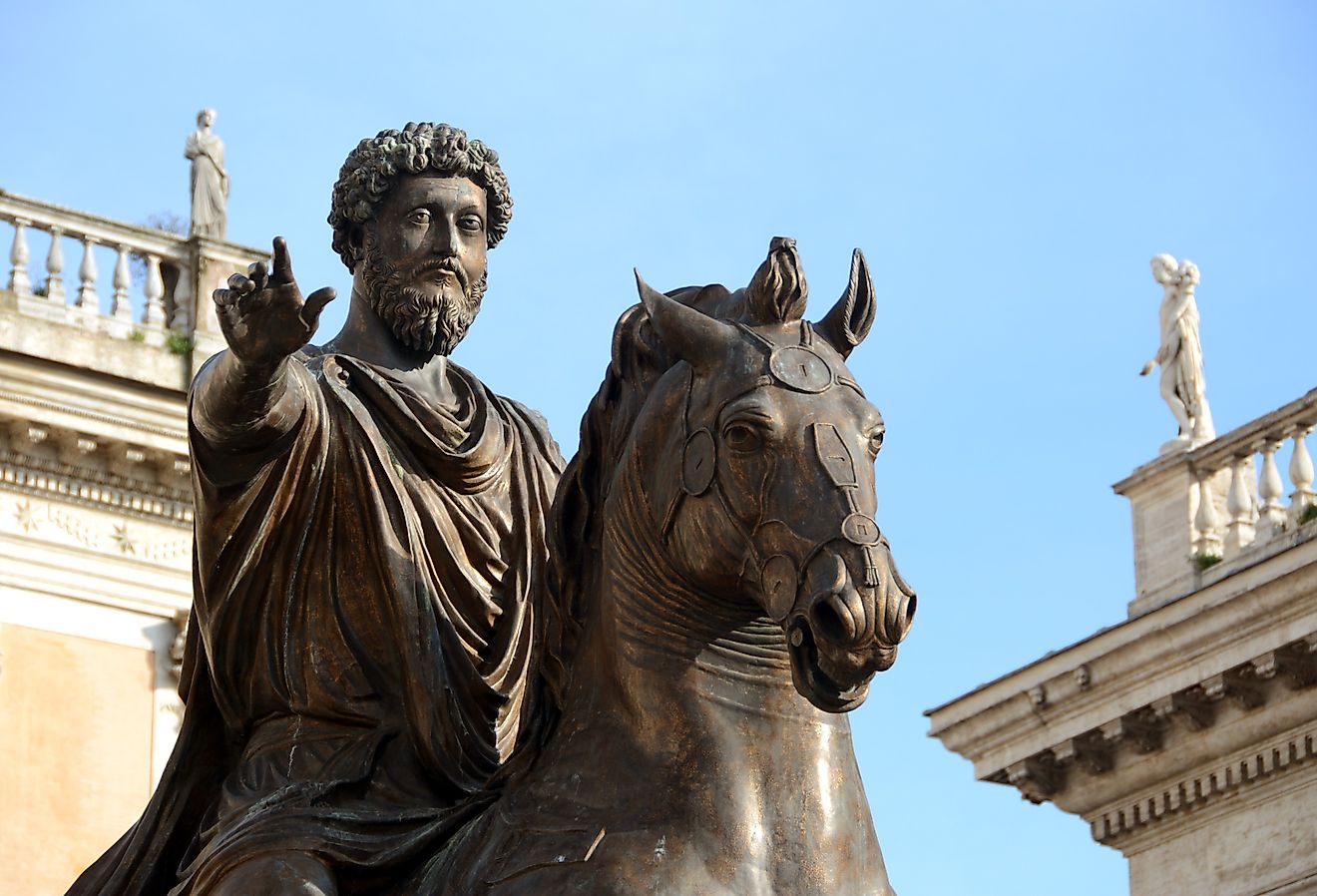UEFA European Championship (Euros) Winners

The UEFA European Championship, which is also commonly known as the "Euros", is the leading association football (soccer) competition among the national teams of senior men from the members of the Union of European Football Association (UEFA). From these competitions, the European continental champions are determined, and such competitions are held after every four years. The Euros tournament is the second most watched sporting event, after the Fédération Internationale de Football Association (FIFA) World Cup.
Origins of the Euros
The UEFA European Championship, informally known as Euros, was a proposition idea by the football federation's Secretary General Delaunay in 1927. The European nations were reluctant to take up the idea because there was no proper structure to facilitate the competition. Delaunay had proposed for a European tournament that would run concurrently with the world cup, but the competition was to take place after every two years. However, by the time of Henri’s death in 1955 the tournament had not kicked off. His son who worked with a French newspaper, Pierre Delaunay finally had a breakthrough where he was able to plan successfully for the first European Nation’s Cup in 1958. Since then, the trophy given to the winner of the championship is named after Delaunay in his honor. The championship has since expanded from just four teams to 24 teams who participate in the present Championships and have been held in over ten countries with Italy and France winning it as the host nations.
Past Winners
In 1960 a proper European Nation’s tournament took place in France with seventeen teams participating in the competition. However, only four of the 17 teams made it to the final which was won by the Soviet Union in an exciting final against the Yugoslavia held in Parc des Princes in Paris. Since then, different 11 countries have won the championship with Spain and Germany dominating. Spain has won on three occasions (1964, 2008, 2012), as has Germany (1972, 1980, 1996), followed by France with (1984, 2000), and Italy (1968), Czechoslovakia (1976), the Netherlands (1988), Denmark (1992) and Greece (2004)
Far-Reaching Effects of the UEFA Championships
Football has been known to be a unifying factor and event all over the world. The UEFA European Championship, in particular, has played a significant role alongside politics in bringing together nations that once had political and social differences. The 2012 championship jointly hosted by Ukraine and Poland is viewed by many as a culmination of a post-communist transformation that begun in 1989. The tournament gave Poland an identity into the ‘Modern’ nation. Similarly, Euros 2016 has been widely seen as a significant step in the fight against terrorism considering that Paris had been a terrorist’s target. This championship has also promoted tourism, especially to the host nation by literally bringing the world into the country, from the fans that come to enjoy the game to media houses that came to cover the game.
Unfortunate Behaviors at the Euro Championships
EUFA European Championship has a rich history of success since its inception in 1958. However, cases of hooliganism and destruction of property have been reported in most of the championship. This year’s championship witnessed a great deal of fighting, and the destruction of property before, during, and after some matches.
UEFA European Championship (Euros) Winners
| Year | UEFA Euros Champion |
|---|---|
| 1960 | Soviet Union |
| 1964 | Spain |
| 1968 | Italy |
| 1972 | West Germany |
| 1976 | Czechoslovakia |
| 1980 | West Germany |
| 1984 | France |
| 1988 | Netherlands |
| 1992 | Denmark |
| 1996 | Germany |
| 2000 | France |
| 2004 | Greece |
| 2008 | Spain |
| 2012 | Spain |
| 2016 | Portugal |











